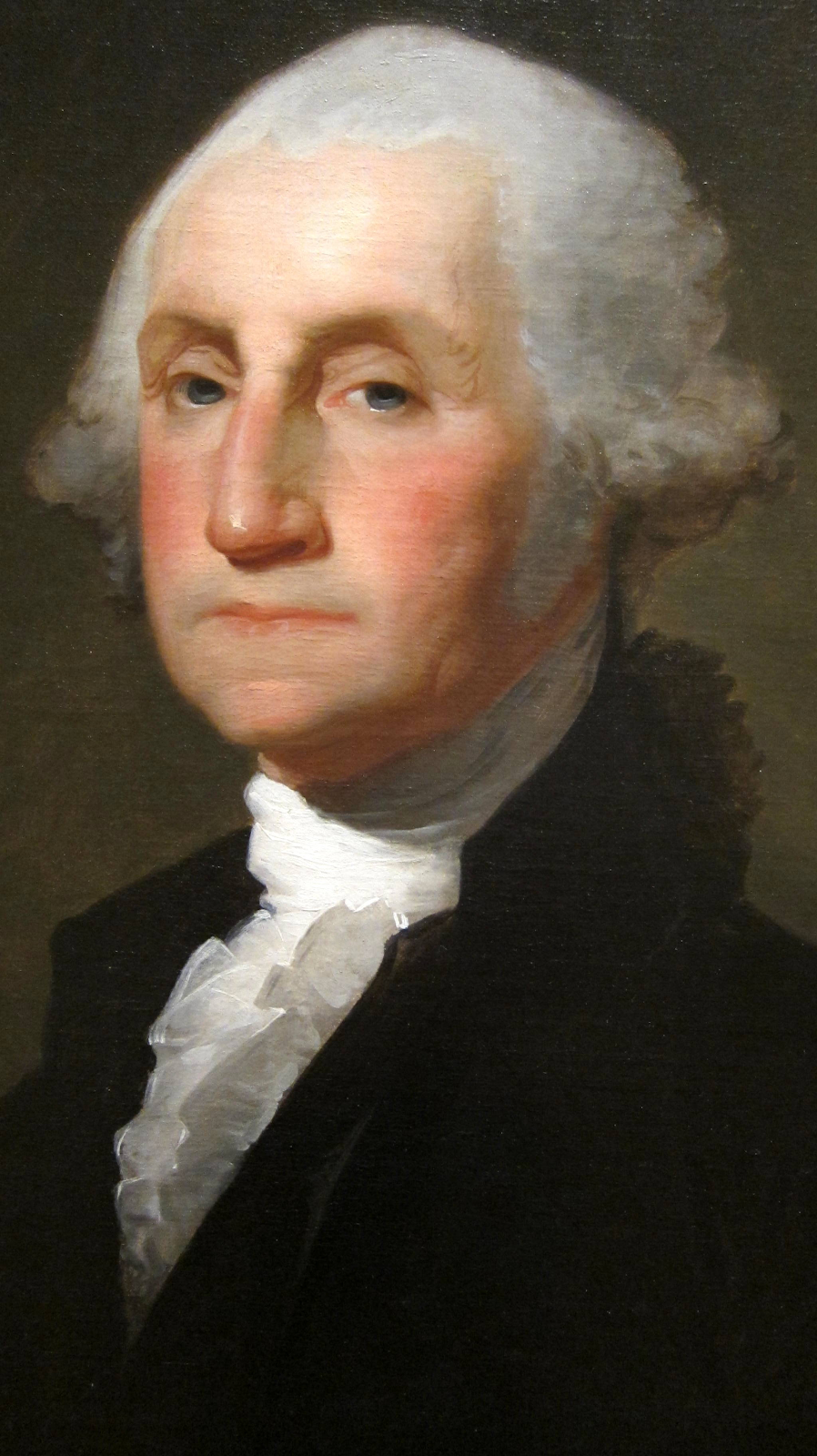Writing in the New York Times a few years ago Jennifer Finney Boylan, a transgender woman, wondered whether the Salvation Army should be universally condemned for its conservative views on gender and LGBTQ+. Or, should this one ‘fault’ be overlooked in light of its decades of selfless service to the poor?
Today's cancel culture suggests that it cannot be. One serious moral failing - and racism and homophobia are the most serious sins - and all else is dismissed, forgotten, and expunged from history. Thomas Jefferson, author of the Bill of Rights and the Constitution, a man of vision, philosophy, and intelligence should, these latter-day critics charge, be removed from the American pantheon because he had sex with one of his slaves.
The entire South in some liberal quarters must still pay for its crimes against humanity, and anyone visiting Mississippi or Alabama is nothing less than a traitor.
After a year of this, the client had had enough. His unease at hearing the barber's screeds trumped his delight at having a decent haircut. No matter how good Tony was a cutting hair – and he was a genius – the client judged him to be a bad person, a reprobate, and dismissed him, never again sat in his chair.
Yet this judgement might be the first slide on a slippery slope. If one judged the Tonys of the world on just one thing, no matter how reprehensible it may seem, then why shouldn’t one judge others in the same way? It takes all kinds, and clients sit in Tony’s chair to get a haircut, not to engage him in racial politics. Why not simply tune him out?
Martin Luther King, Jr. was a great, courageous man; but he was also a Lothario who cheated on his wife and was more of a sexual wastrel than JFK. Did these moral failings disqualify both men from leadership or high public office?
Ezra Pound and H.L. Mencken were both rabid anti-Semites, but their work was notable. Immanuel Kant said, “'The Jews still cannot claim any true genius, any truly great man. All their talents and skills revolve around stratagems and low cunning ... They are a nation of swindlers.”
Are we to burn their books? Consign them to the trash heaps of literary history?
Most people have some prejudice somewhere. While we may not like to admit it, there is some irrational, unfounded, and totally unnecessarily negative feelings about others lurking inside us.
It is often hard to distinguish between prejudice and strongly-held and rational belief. Many liberals have branded conscientious conservatives as racist because of their rejection of liberal approaches to poverty and social welfare.
What about this ‘disqualification clause’? Should one cut off communication with a friend because his political views are radically different? Perhaps such difference is not just a matter of political opinion, but one of morals and ethics. One’s political philosophy, according to this view, is a defining personal characteristic. A conservative is not simply one who believes in small government and individual enterprise but someone who has a cribbed and narrow view of life, lacks generosity and compassion, and is cynical about human potential.
Yet, despite political differences, if two friends have known each other since childhood and have always liked each other for reasons discovered at age 12 – energy, enthusiasm, brains, allure, adventure - why should one thing – political philosophy – get in the way of love, passion, and insight?
There are Northerners who condemn anyone visiting the Deep South - traitors to liberalism, giving succor to still unrepentant racists. Yet without understanding the South, one can never understand American history.
Is it wrong to have friends who persistently harbor questionable racial beliefs? Or whose political views are so far to the left or right on one's own that they are dismissed out of hand?
Which brings us to the question of Ms. Boylan, LGBTQ+, and the Salvation Army. While her experience is upfront and personal, it raises once again the issue of ‘unique wrong’. Without a doubt the Salvation Army – a Christian conservative church – holds traditional views of sexuality which have little or nothing to do with the performance of their mission. The Boy Scouts also have a conservatively Christian foundation, and their views are predictably similar to those of the Salvation Army.
The Catholic Church is very open about its views of traditional marriage, sex, and sexuality.
Should these organizations be ignored? A dismissal of homosexuality on Biblical grounds is not homophobia. If the Salvation Army and its leadership were openly hostile to LGBTQ+, and displayed hatred, anger, and virulence towards gays; and if this emotional and irrational stance were clearly that of the organization, then one might consider withholding contributions, but not before.
Ms. Boylan illustrates the difference well:
That knowledge put an end to my days as one of their [Salvation Army] volunteers. The organization advocated celibacy for homosexuals and resisted offering benefits to employees’ same-sex partners. Then, shockingly, a major in an Australian branch of the Salvation Army appeared to suggest in an interview that putting gay people to death was “part of our belief system.”The American Salvation Army was acting on principle, whether or not one agreed with it. The branch of the Australian Army exhibited hatred, prejudice, and unacceptable behavior. Ms. Boylan, or any reasonable person would keep them at arm’s length.
One issue morality like single-issue politics is never good for it ignores complexity, the ability to hold conflicting views, to be inconsistent, and to be ignorant and brilliant at the same time.


























